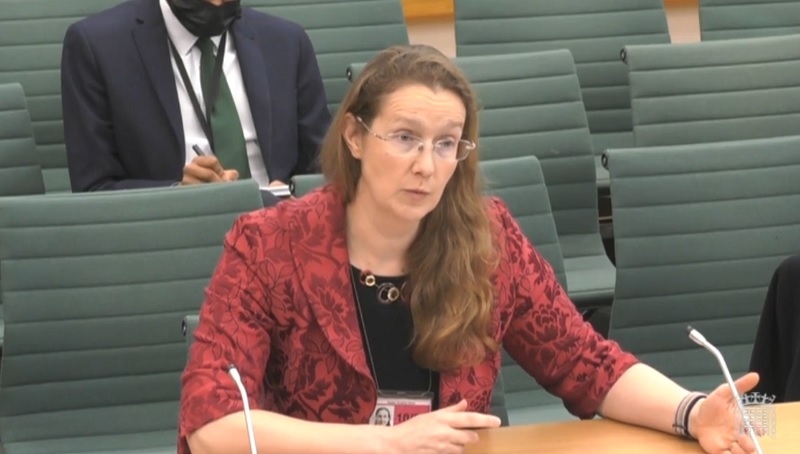The lifelong loan entitlement faces “significant challenges” that could delay the planned 2025 rollout, the Department for Education’s most senior civil servant has warned.
In a recently published assessment, DfE permanent secretary Susan Acland-Hood concluded that the flagship skills reform policy represents “good value for money and is feasible to deliver”.
However, she warned that the biggest risk to the feasibility of LLE is “significant delivery challenges to meet the 2025 launch”, including several external factors outside of the department’s control.
She has consequently imposed a further assessment at full business case stage in 2024 and a re-test of the government’s accounting officer standards.
Legislation to introduce the LLE was passed through the House of Commons in May. It is currently making its way through the Lords.
The policy, which is planned to launch for the 2025/26 academic year, will provide learners up to the age of 60 with a loan entitlement to the equivalent of four years – around £37,000 – of higher education study.
They will be able to use the funding over their lifetime through a credits system to study qualifications at levels 4 to 6, for both modular and full-time study at colleges, universities, and other providers registered with the Office for Students.
Acland-Hood evaluated the programme against the government’s four accounting officer standards: regularity, propriety, value for money, and feasibility.
In her evaluation, published last week, she noted that a “substantial suite of regulations” needs to be made under primary legislation and that DfE aims to lay these in 2024, “before or early in the student recruitment cycle for the 2025 to 2026 academic year”.
She said the “economic appraisal” shows that the LLE programme is likely to deliver value for money. It is expected that the entitlement will “incentivise more people to study at levels 4 to 6, including those who would not have otherwise studied because of the barriers they face in the current system,” she explained.
However, some elements of the programme are yet to be designed, and the “behavioural response” of students and providers remain “very uncertain”, Acland-Hood warned.
But the main feasibility risk of LLE is meeting the 2025 delivery timescale, and there are factors outside of the programme team’s control that “may delay the reform”.
She said: “The design and delivery of the system is highly complex, with multiple interdependencies across the whole of the HE and FE landscape.
“Furthermore, the LLE attracts interest from a wide group of political stakeholders and the public. Such complexity and public scrutiny might impact deliverability of the system within the publicly announced timescales, given the need to find compromise between different stakeholders across several interlinked areas.
“In addition, the programme depends on good partnership with the Student Loans Company and the OfS and their delivery of new systems and processes. It also depends on behavioural change among providers, learners and employers, as well as continued funding.”
Acland-Hood said she had “confidence” that the programme team is managing these risks and dependencies, adding that a recent review “recognised that the programme has so far successfully managed to deliver on time, despite its complexities”.
She concluded: “I therefore assess that, though it is not without risk, the programme meets the feasibility test, though continued attention needs to be paid to the timeframe for reform.”
A DfE spokesperson told FE Week said: “We remain on track for launching the LLE in 2025.”
















Shifting debt away from the state and onto individuals, who are most likely those without the means to pay upfront. What could possibly go wrong!
The good debt will be flogged off to private investors at an opportune time, the public purse will pick up the tab for the bad debt.
You can consider the interest on the loans effectively being a tax on aspiration.
They forgot to mention that the achievement rates method will have to change, who going to want debt without the virtual guarantee of a pass (see degree grade inflation over the 2 decades for a taster…). Certificates will fall from the sky like confetti.
It’s interesting how these civil servants always manage to shift accountability. It’s a pity that colleges can’t use the excuse that it’s matters beyond their control when Ofsted come a calling. Including chronic underfunding, the dog’s breakfast of qualification reform, the lack of investment in an effective COVID recovery plan for education.
It’s lucky for her that she has no such external scrutiny. An Ofsted inadequate for the DfE which would surely lead to contract termination….lucky indeed!!!